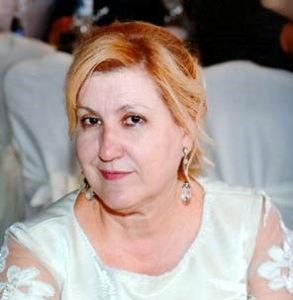
Pantazaki Anastasia
Professor
Biochemistry LaboratoryAristotle University of Thessaloniki
Faculty of Sciences,
School of Chemistry
54124, Thessaloniki
EDUCATION/TRAINING
1976-1978 DEUG B (Diplôme d’études d’Univ. Generals), Université de Grenoble, France
1978-1982 B. A. in Chemistry, AUTh, Greece
1982-1984 Chemist position in industry
1984-1989 Ph. D. in Biochemistry, AUTh, Greece
1989-1991: Teacher of Chemistry-Biology in High school
ACADEMIC APPOINTMENTS-Aristotle University of Thessaloniki
2018 Professor; 2013-2018: Associate Professor; 2004-2013: Assistant Professor; 2000-2004: Lecturer; 1991-2000: Scientific Collaborator at Dept. of Chemistry, Lab. of Biochemistry, Univ. of Thessaloniki.
POSTDOCTORAL STUDIES IN OTHER UNIVERSITIES
Centre National de Recherche Scientifique, Laboratoire de la Recherche sur les Polymères, Univ. Paris XII, France ; Laboratoire de Spectrochimie Infrarouge et Raman, Univ. Paris VI, France ; Lab. de protéines and nanotechnologies in séparation sciences, Univ. Paris-Saclay, Faculté de Pharmacie, Chatenay-Malabry, France
LABORATORY WORK
Advisor of PhDs (5), Supervisor for Diploma Thesis of chemists (31), Advisor (20)/Co-advisor of Msc of Biochemistry (24), Advisor (4)/Co-advisor (8).
PUBLICATIONS
English papers (110 in Scopus, Pubmed); Citations>2496; Impact Factor>230 and h-index=30; 2. Chapters in Books (13); 3. Greek papers (25).
RESEARCH AND TRAINING PROJECTS FUNDED (10),
PATENTS (3)
Teaching
- Biochemistry ΙΙ (Υ17) (Dept. of Chemistry, Dept. of Pharmacy)
- Biotechnology (Κ314)
- Enzymology (Κ315) (Dept. of Chemistry, Dept. of Biology)
- Molecular mechanisms of signal transduction (Postgraduate AUTh)
- Metabolic processes (Postgraduate AUTh)
- Molecular Biotechnology (Postgraduate AUTh)
- Bio-Medical and Molecular Sciences in Disease Diagnosis and Treatment (Postgraduate of Medicine, University of Thrace)
- Epidemiology and pathogenesis of dementia (Postgraduate of Medicine, AUTh)
Research
Biochemistry
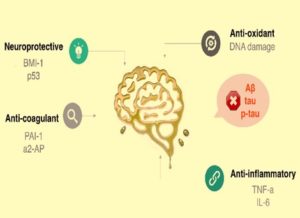 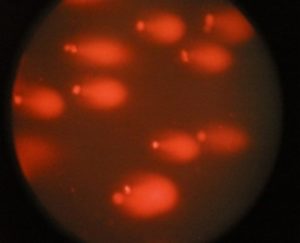 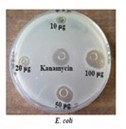  |
|
Biotechnology
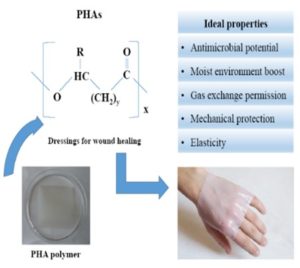  |
|

